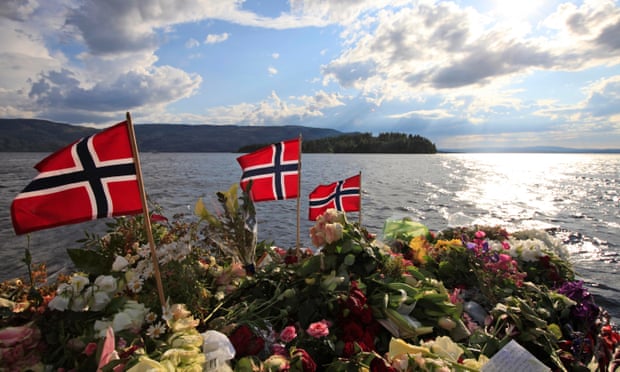By: Jenilyn Brhel
Impunity Watch Reporter, Europe
LONDON, England – A national counterterrorism investigation is underway after several people received letters targeting Muslims in England.

According to authorities, residents of at least six communities in England have received anonymous letters in the mail urging them to commit acts of violence against Muslims on April 3rd. The sender seems to be targeting communities with large Muslim populations.
The letters arrived in plain white envelopes and designate April 3rd as “Punish A Muslim Day.” The letters express anger at what the author considers to be lax immigration policies in Europe and Muslim immigrants in particular.
The letters go on to provide a chart indicating “points” to be awarded, for crimes committed against Muslims, with the number of points increasing as the violent acts escalate in nature. 25 points would be awarded for pulling a head scarf off of a woman. 500 points would be awarded for murdering a Muslim.
It is not known where the letters originated from or who is responsible for sending them. The country’s counterterrorism forces are investigating the letters. The North East Counter Terrorism Unit is coordinating the investigation and has indicated that the letters are presumed to be linked.
Iman Matta, the director of Tell Mama UK, an organization in the United Kingdom that tracks anti-Muslim activity, told reporters that the letters have “caused quite a lot of fear within the Muslim community. They are asking if they are safe, if their children are safe to play outdoors. We have told them to keep calm.”
There are approximately 4.1 million Muslims in England, comprising over 4 percent of the country’s population.
Attitudes towards Muslims in the country have worsened in recent years. In one survey, more than half of the respondents stated that they believe Islam poses a threat. A quarter of those surveyed call the religion “dangerous.”
Hate crimes against Muslims in England rose signficantly between the years 2015-2016, where 62,518 crimes were reported, and 2016-2017, where 80,393 crimes were reported, according to statistics. This represents a 29% increase.
Naz Shah, a member of parliament in Bradford West, one of the communities that received letters, said that the individuals sending the letters are “inciting violence against the Muslim community.” She went on to say that “we stand shoulder by shoulder, and stand side by side, because nothing will divide us.”
A police spokesperson for the North East Counter Terrorism Unit indicated that “anyone with concerns about a communication they may have received should contact their local police force.”
For more information, please see:
BBC News – ‘Punish a Muslim day’ Letters Probed by Terror Police – 11 March 2018
Newsweek – ‘Punish a Muslim Day’ Game Spreads Across U.K. in Letters Urging People to Burn Mosques and rip off Hijabs – 12 March 2018
The New York Times – ‘Punish a Muslim Day’ Letters Rattle U.K. Communities – 11 March 2018
The Washington Post – Anonymous Letters in Britain Urge People to ‘Punish’ Muslims by Bombing Mosques, Nuking Mecca – 13 March 2018



